-
Pre-Diabetes Health Literacy

How do you feel about pre-diabetes? Pre-diabetes is: A serious but manageable disease Not serious enough to worry about A condition I will worry about later Pre-Diabetes is best treated by: Not eating sugars or carbohydrates Lifestyle changes, healthy eating, and regular physical activity Taking medications Pre-Diabetes can cause problems: Only when I get older…
-
Lifestyle Changes: Lowering the Risk of Type 2 Diabetes

Through active participation in a balanced lifestyle you can lower your risk for Type 2 Diabetes. Active participation means eating well, staying active, sleeping well, and staying informed about your health.
-
How to Count for Sugar Alcohols
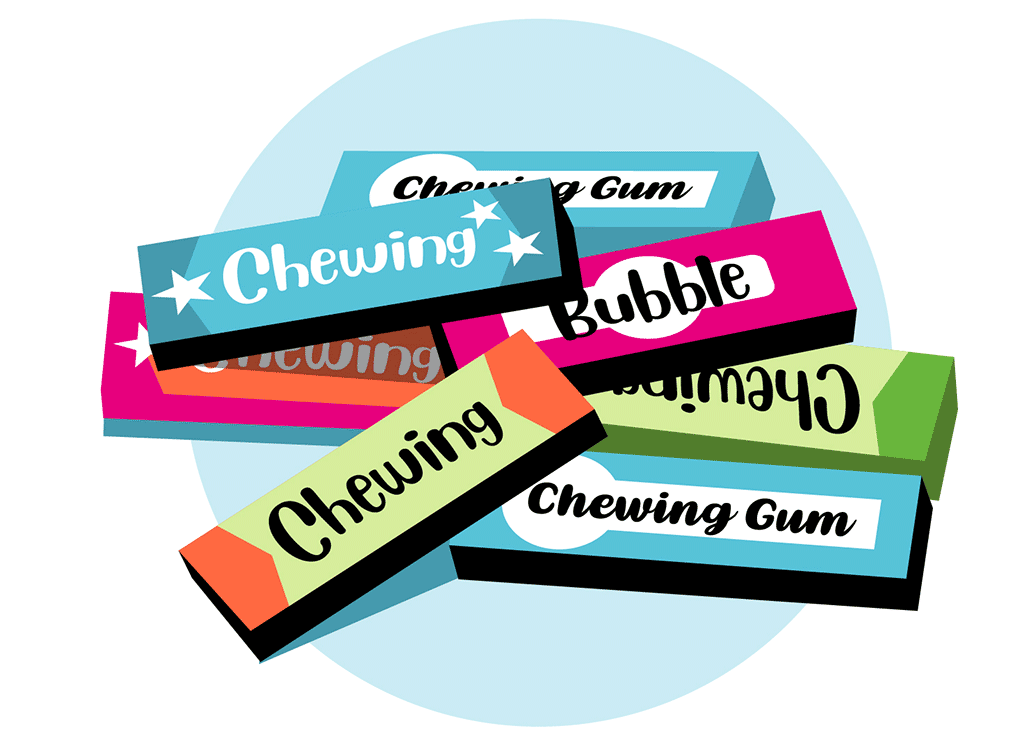
What are Sugar Alcohols? Sugar alcohols are a type of sweet carbohydrates. They look and taste like sugar, but have fewer calories and fewer negative health effects. Despite the “alcohol” in the name, sugar alcohols do not contain ethanol. Sugar Alcohols and Blood Glucose Because sugar alcohols are hard for the body to digest, the…
-
Correction Factor

Correction Factor A correction factor is used to calculate your correction dose, which is used to correct high blood glucose levels before a meal. The correction factor (CF) is added or subtracted to the prandial bolus insulin dose. Your Diabetes Educator will give you your individualized CF. Calculating A Correction Dose Amir’s premeal target blood…
-
Be Careful About Stacking Insulin
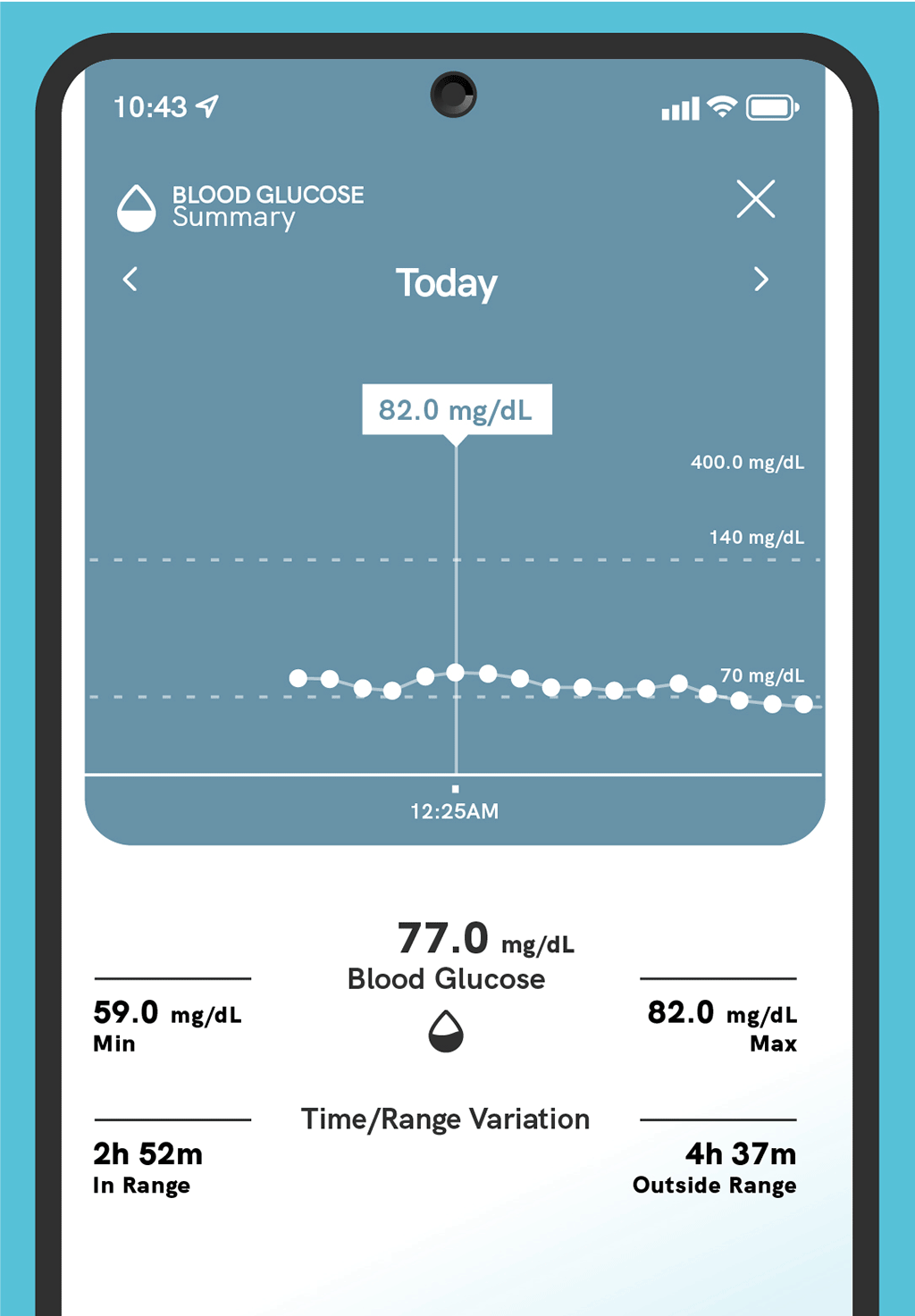
Be Careful About “Stacking” Insulin Sometimes you may be tempted to take more insulin while your last dose is still in your bloodstream. Perhaps your blood glucose hasn’t come down as far as you expected, and you think that just a little more insulin will solve the issue. This is called insulin stacking, over- bolusing…
-
Insulin-To-Carbohydrate Ratio
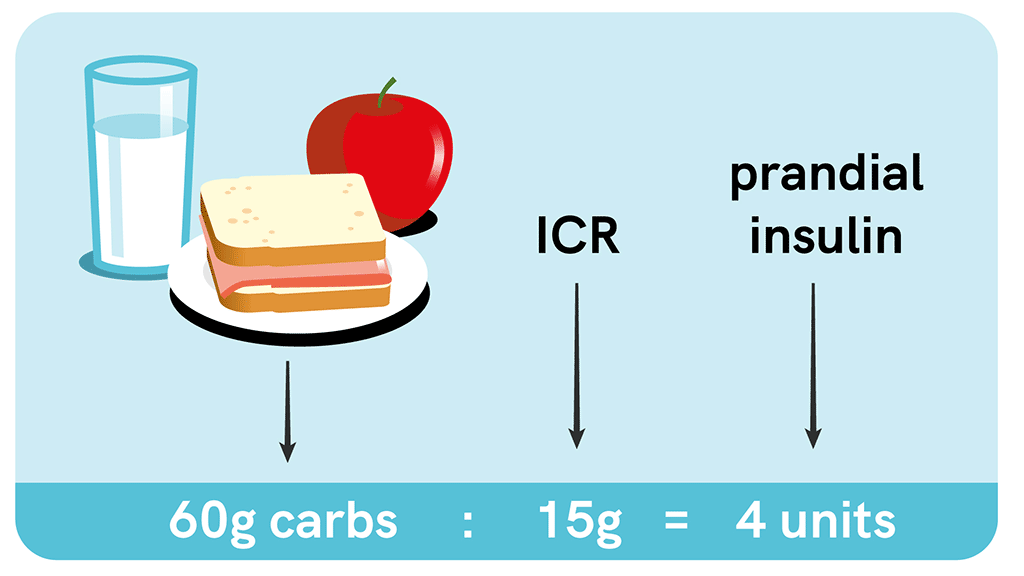
What is an Insulin to Carbohydrate Ratio? The insulin-to-carb ratio can help understand how much rapid- or short-acting insulin is needed to metabolize the amount of carbs consumed at a meal or snack. It allows greater flexibility in lifestyle and can improve glucose control. Insulin to carbohydrate ratio (ICR) and insulin correction factor (ICF) calculation…
-
Basal-Bolus Insulin Therapy Terms You Need To Know
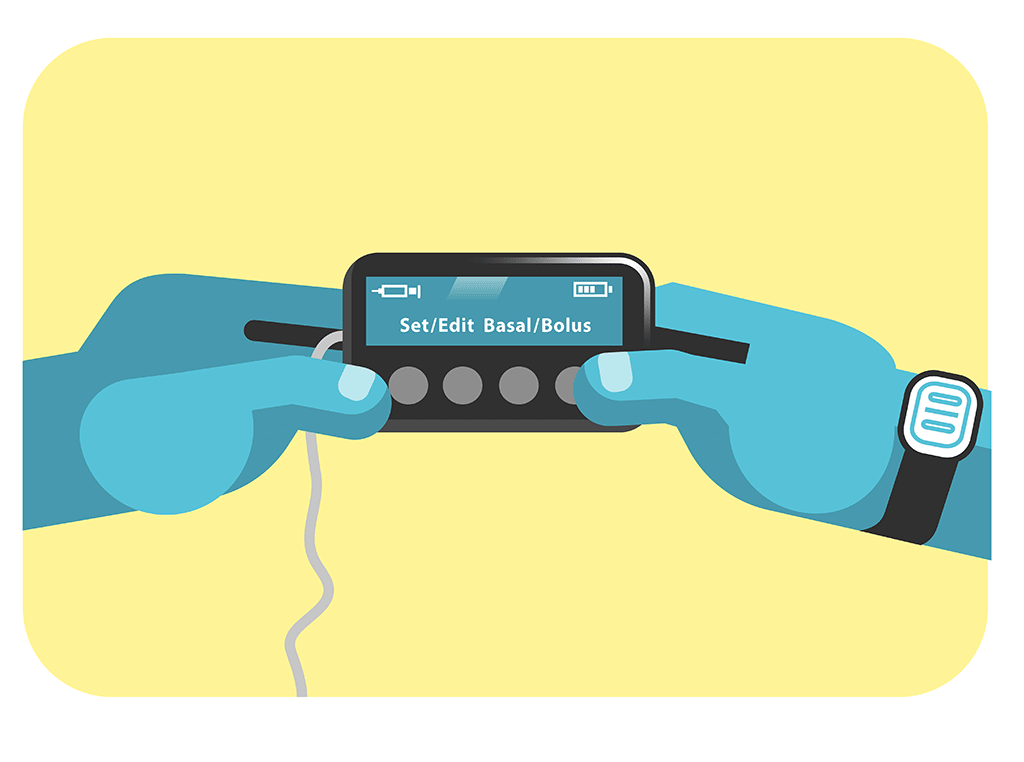
Total Daily Dose (TDD): The total amount of all types of insulin you take in 1 day. TDD is often estimated at 50% basal and 50% bolus to start with, but this can vary and will change over time. Insulin-to-Carbohydrate ratio ICR: A math formula that tells you how much rapid-acting bolus insulin you need…
-
What Is Advanced Carbohydrate Counting

What is Advanced Carb Counting? Advanced Carb Counting is also known as Basal-Bolus insulin therapy. It involves a routine where a longer acting form of insulin (basal) and shorter acting form of insulin (bolus) is used to regulate insulin levels through-out the day. This approach may also be called intensive diabetes management. Basal/bolus insulin therapy…
-
When You Can’t Measure, Estimate!
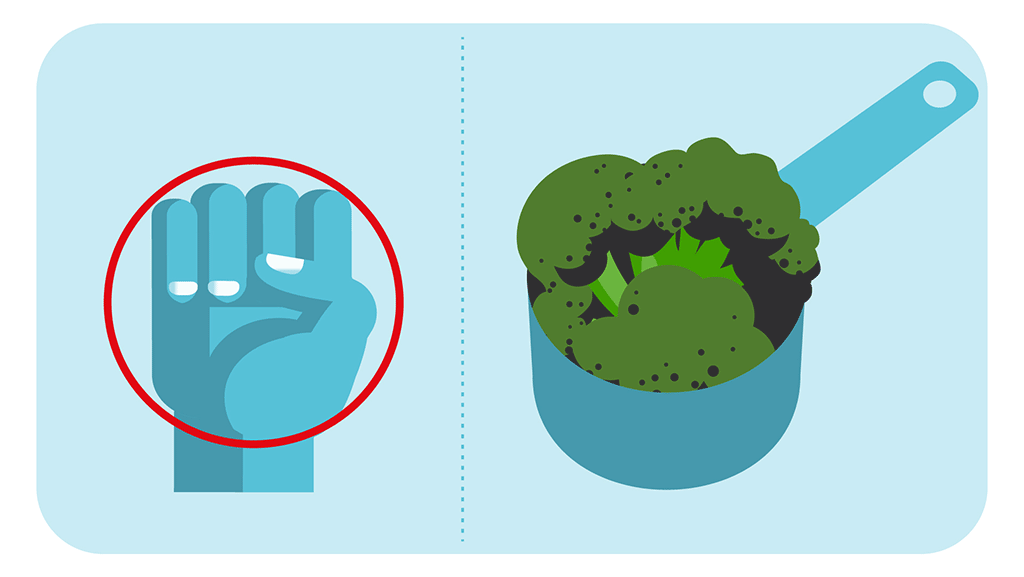
When You Can’t Measure, Estimate! On many occasions it’s not realistic or convenient to use measuring tools. In those scenarios, rely on your own hands to estimate portion sizes. These are approximations and may vary slightly depending on the size of the hand. Compare your hands to measuring tools to determine your hand estimations.
-
How to Measure Your Carbohydrates

How and When to Measure Your Carbohydrates When you are counting carbohydrates, it’s important to use standardized measurement tools. If you don’t have them at home already, you’ll find them in the kitchen supplies section of many stores. Of course, you won’t be able to measure your portions at every meal, but with a little…